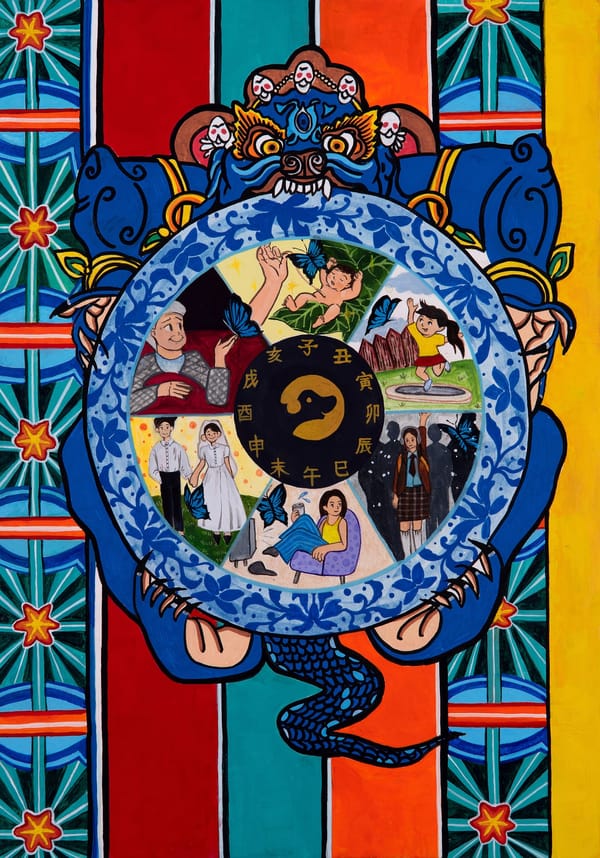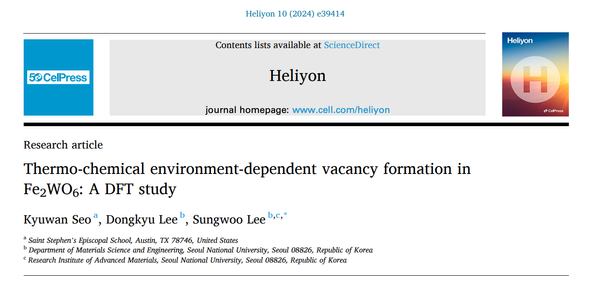An unjust structure of society contradicts itself - Harrison Bergeron
By David Taehee Lee
Vonnegut satirizes that an unjust structure of society contradicts itself. Having found Harrison and the ballerina free of their restraints, Handicapper General shoots them to death at first sight. Ignoring the most basic principle of law that criminals must be punished by the law and only the law, Diana Moon Glampers kills a young boy who strays out of her utopia- the woman fails to realize the very equality she is fanatically obsessed with. Glampers’ government physically restricts the talented with handicaps and makes Harrison an example to make people bend into their restrictions, mentally restricting the public- we already see a notable difference between the authorities and the common; vertical and strict discrimination, not a horizontal and equal position. This paradox of discrepancy within the absolute equal highlights how overpowered and false authorities negatively influence individuals and fail to meet their own expectations.
An action of change, no matter how small, can drive a greater shift of changes that make our society a better place to live. The laws we follow have changed accordingly to the swiftly changing standards and requirements of society. Harrison Bergeron, although heavily handicapped, dreams of revolution, and gives hope of liberty from this world to a ballerina. Unlike George and Hazel, who have completely accepted their handicaps, the son refuses to bend to an unbearable reality and, by breaking out of jail, he shows the world how an unjust society can change with endeavors. Harrison, even in adolescence, has a strong ego, and dreams of deviance from a world he believes to be wrong. Facing a society that does not and cannot accept his excellence, the boy squarely resists by breaking out of the hell that deprived him of his freedom. His desire to deviate from the norm and make a change gave birth to a once-in-a-lifetime performance that invited the people who were fine with, or were forced to, live an ‘average’ life to join the boy in a movement for the greater good.
The destruction of emotion in the death of Harrison Bergeron shows the wretchedness of living a passive life. Hazel Bergeron does not remember losing her son to the H-G men and cries after seeing the death of Harrison but does not even know why she is crying. Only a remnant of the intrinsic love for a son lingers in Hazel’s cold heart: this cruel society resorts to restricting human emotions. Hazel, who explains herself to be ‘perfectly average’, is the result of the dumbing down of society. A society where families cannot share the most basic, intrinsic feelings of love and are forced to break apart is a failure. Harrison, on the other hand, meets his queen and wife, and waltz in ecstasy before meeting an untimely demise at his lover’s side. Though the boy lost his time to cruelty, he finds a real family that shares love. When he comes into his own and love reaches its peak, Harrison is ultimately set free from a world that denies differences.
Vonnegut does not, or rather refuses to, give a clear answer to the question “What is a good society?”. Is it not because of a belief that we can reach true happiness only when we actively create utopia, rather than living in a numb, senseless, intellectually dead world that others define as a good society? The vivid, dramatic death of Harrison Bergeron awakens us to a new level of self-awareness and imagination. Sacrifices, where people challenge conventions, allow us to rethink the world in which we want to live and evaluate the values of the social norms that bring order to society but do not infringe our rights and freedom. In Fahrenheit 451, an old woman burns herself alive, along with the books that the firemen pointlessly aim to destroy. Guy Montag, heavily moved by her sacrifice, forges his own values of the world and sets himself free from the burden of being a fireman, and ultimately meets people who dream of the same ideals. So reach out and take the lead. Be the one and only master of yourself.


